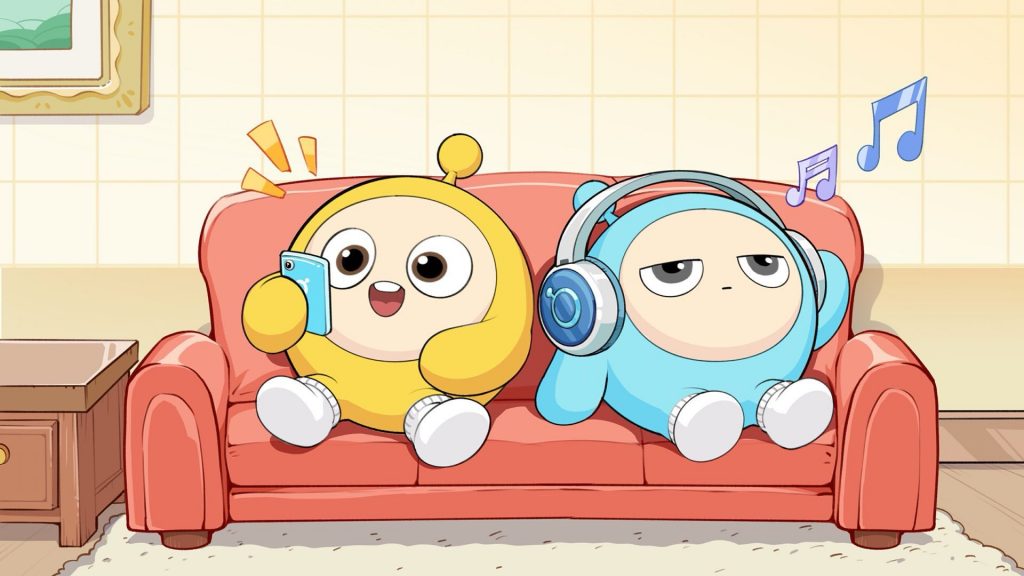In my understanding, the Animation Director is the most important role in an animation project. They are responsible for overseeing and guiding the creative process of the animation. Similar to a film director, an animation director must ensure that the project’s creativity and visual style align with the overall vision. The director’s aesthetic sense and skills determine the project’s style and its potential. They are also typically responsible for coordinating the work between different departments. This role requires not only a good eye but also strong management and communication skills.
Last summer, I interned at a game company in China (NetEase). My internship position was as a video director for game promotion. The main responsibilities involved proposing and executing ideas for game promotional videos. I was fortunate to fully follow through on two projects. One of the projects offered more creative freedom, and the style and proposal I suggested were quickly approved. With the assistance of the producer, we contacted an outsourcing company from previous collaborations that was a good match for this style. I set the requirements and provided feedback in a timely manner, with key stages reviewed by the game’s lead artist. The second project was a collaboration with another IP. NetEase already had a set process for promoting collaboration projects,and because of this collaboration was with a Japanese animation, which had strict requirements in both style and content, leaving me with less room for creative freedom.
During my internship, my biggest takeaway was realizing the importance and limitations of video directors in the Games Industry. Unlike independent filmmakers or animators, directors face more constraints. For example, the opinions of investors, time limitations, policy requirements, and the views of collaborators all need to be taken into account. More importantly, directors need strong coordination and communication skills. Often, different departments do not fully understand each other’s work, which can lead to inevitable conflicts. In these situations, the director needs to plan and coordinate in advance to prevent issues from arising.
In summary, being a director is like dancing with shackles (especially for newcomers), but it also provides an opportunity to showcase personal ability and talent. For me, being a video director at a game company seems like a suitable choice. I have some experience, and my background in animation production supports my ability to take on this role. Moreover, there are many game companies in mainland China, and the salary and benefits in the industry are quite competitive. If I choose to return to China, this is a relatively stable path. However, the downside of this choice is that overtime work in Chinese game companies is a serious issue, and the upward mobility for directors is not very high. Job changes are frequent, and typically, people switch companies or project teams every 2–3 years.
Some project elements that can be made public:

